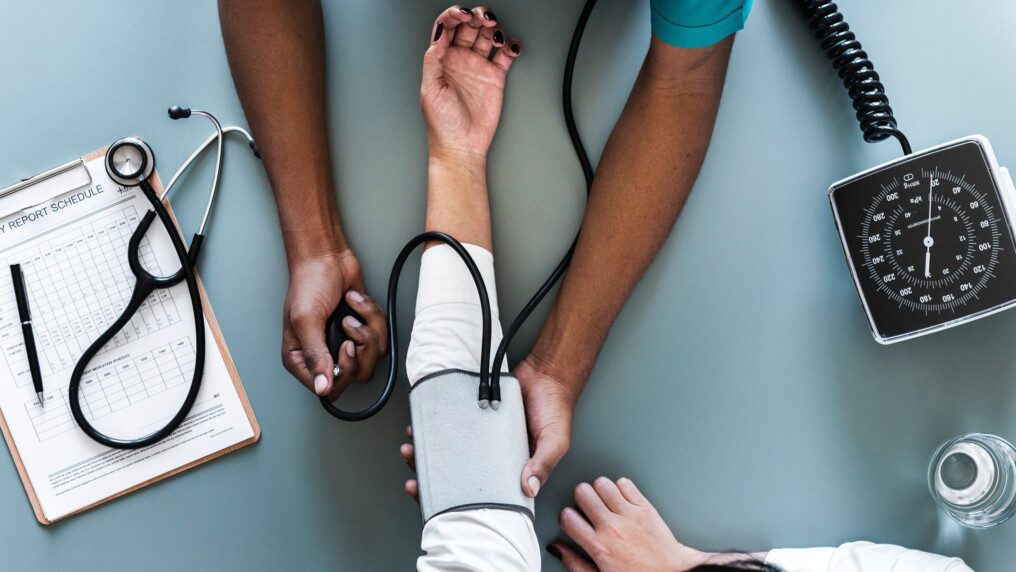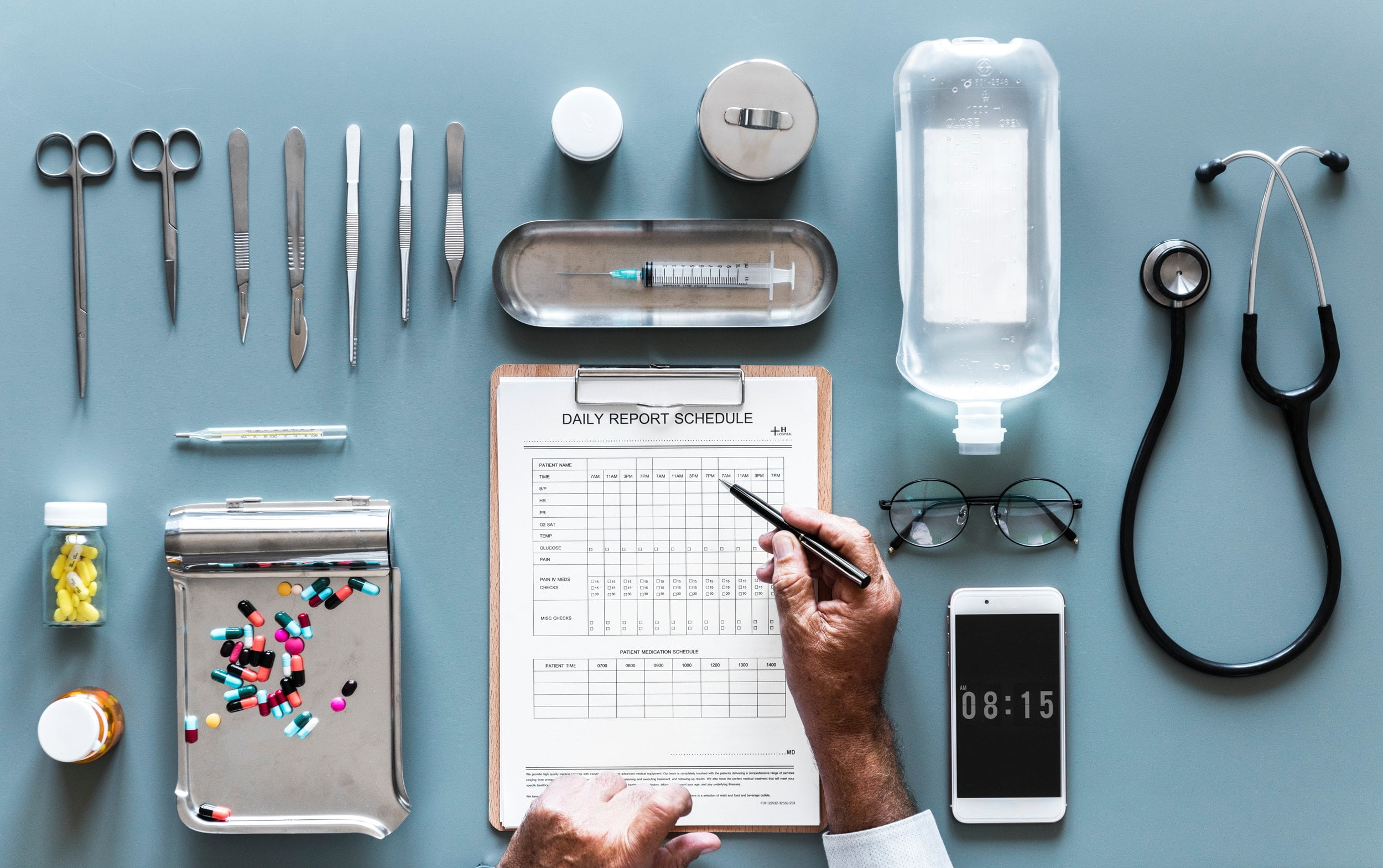
As technology evolves, professionals in the medical field have to adapt to these changes. Doctors are now using things like telemedicine to diagnose and interface with patients from thousands of miles away.
App developers are now being approached by hospitals and individually owned clinics regarding the development of HIPAA compliant mobile apps. While this may sound like a relatively easy process, it can be extremely challenging due to how strict HIPAA guidelines are.
Since 2008, nearly 177 million medical records have been compromised due to data breaches. The last thing you want is for your app to be infiltrated by hackers due to lax security or other coding-related issues.
Read below to find out some helpful tips on how to develop a HIPAA compliant mobile application.
Gaining an Understanding of How the App Will Function:
Before you begin to actually develop an app for a medical organization, you will need to gain a better understanding of what the program will be doing. Is the app meant to provide medical advice? Will the app collect sensitive information from the user? Once you have the answers to these questions, you will be able to proceed to the development process.
Knowing what security requirements your app needs will also allow you to check for compliance with the help of a third-party. An app developer will need to realize that working with a HIPAA compliance expert is essential during this process.
Often times, developers will implement the use of things like group policy management software to check for compliance throughout the app building process. Once you have the app’s infrastructure in place, you will need to reach out to HIPAA compliance experts to ensure they sign off on the security measures you have in place.
Work on Minimizing the Risk and Exposure the App Has:
One of the main things you need to work on avoiding when building a HIPAA compliant app is storing sensitive data that isn’t essential to how your app operates. Storing data that you don’t need will not only slow your app down, it will also maximize the risk and exposure you have.
Your client needs to help you develop a privacy policy to post on their app. This policy needs to detail what sensitive information the app will collect and why. If the information you collect via your app will be stored on the cloud, you have to ensure it is encrypted properly. Failing to properly encrypt this data will lead to it being intercepted by cyber-criminals and used for a number of nefarious activities.
The App Needs a Number of Built-In Security Features:
Once you have figured out how to encrypt all of the data the app will collect, be sure to shift your focus to developing methods to heighten the security the program has. One of the first things you need to put into your app is a local session timeout feature. This feature will force a user to re-authenticate their credentials after predetermined periods of inactivity.
You will also need to disable the use of push notifications for apps that need to be HIPAA compliant. Often times, these notifications can display information that is deemed sensitive in nature. Treating app security as an afterthought is a recipe for disaster, which is why it needs to be avoided at all cost.
Working with both your team and the medical organization paying for the app can help you figure out what needs to be done to secure it. The work you put into plotting out every step of the app development process will pay off in the long run.
Read Also:





























